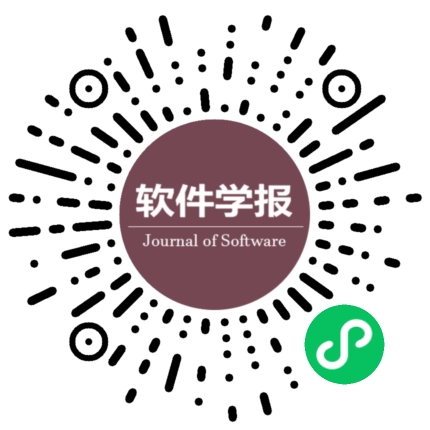CoDefense: 面向对抗性攻击的多粒度代码归一化防御方法
作者:
作者单位:
作者简介:
通讯作者:
中图分类号:
TP311
基金项目:
国家自然科学基金(62322208, 62232001, 12411530122)
CoDefense: Defending Method Against Adversarial Attacks with Multi-granularity Code Normalization
Author:
Affiliation:
Fund Project:
引用本文
田朝,邝仕琦,闫明,王海弛,陈俊洁. CoDefense: 面向对抗性攻击的多粒度代码归一化防御方法.软件学报,,():1-27
复制相关视频

分享
文章指标
- 点击次数:
- 下载次数:
- HTML阅读次数:
历史
- 收稿日期:2024-09-05
- 最后修改日期:2024-10-17
- 录用日期:
- 在线发布日期: 2025-08-20
- 出版日期:
文章二维码

您是第位访问者
版权所有:中国科学院软件研究所 京ICP备05046678号-3
地址:北京市海淀区中关村南四街4号,邮政编码:100190
电话:010-62562563 传真:010-62562533 Email:jos@iscas.ac.cn
技术支持:北京勤云科技发展有限公司
版权所有:中国科学院软件研究所 京ICP备05046678号-3
地址:北京市海淀区中关村南四街4号,邮政编码:100190
电话:010-62562563 传真:010-62562533 Email:jos@iscas.ac.cn
技术支持:北京勤云科技发展有限公司



